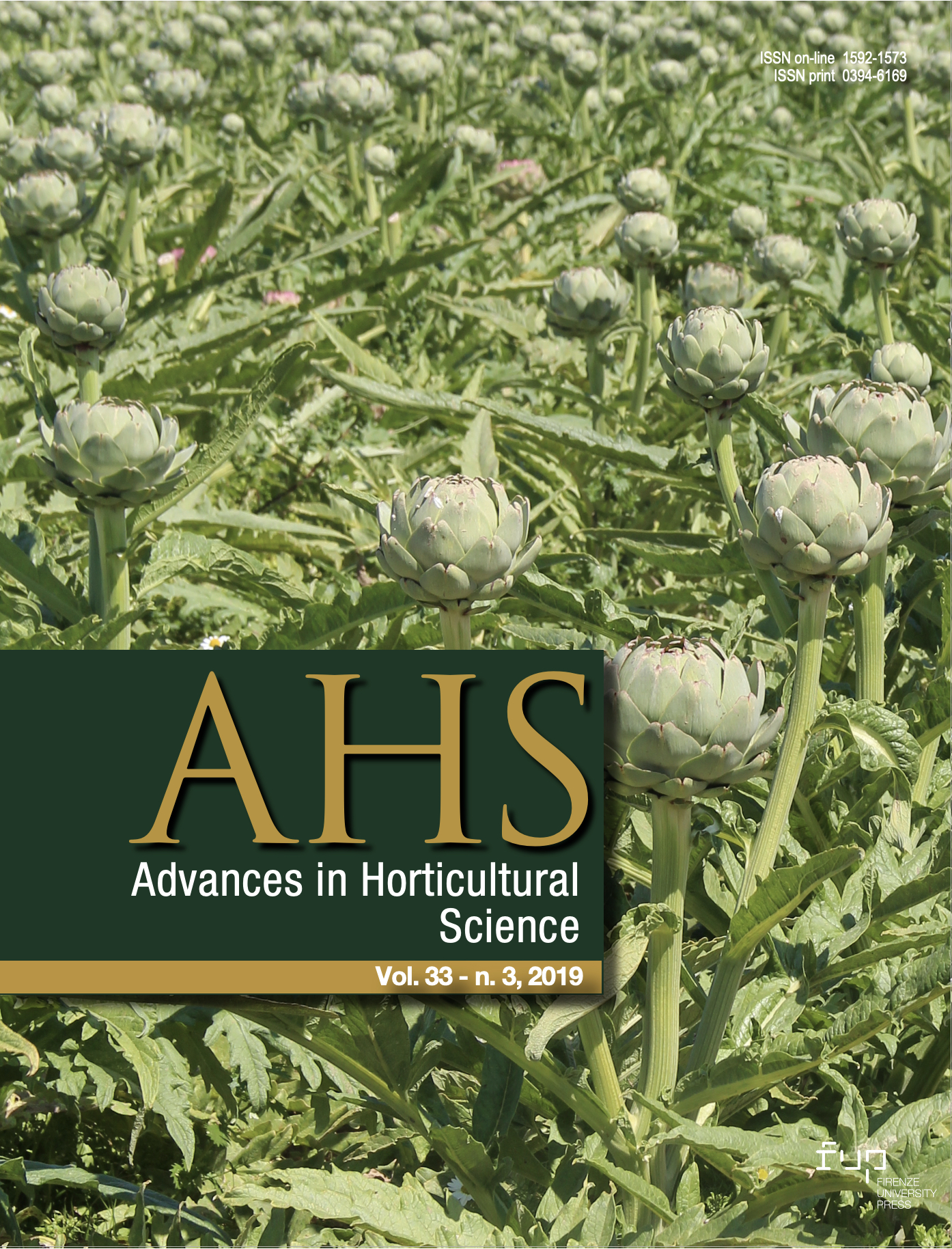Efficiency of AFLP markers to detect genetic variation in Phthorimaea operculella (Lepidoptera: Gelechiidae) offspring irradiated males
Published 2019-10-29
Keywords
- AFLP technique,
- IST technique,
- Phthorimaea operculella
How to Cite
Abstract
AFLP technique was used to evaluate the genetic variation among normal and partially sterilized potato tuber moth males. Mating experiments were carried out to obtain partially sterilized males and their descending offspring. Then, 316 AFLP bands were amplified using eight primer combinations of which 33.8 were polymorphic 85.5%, which varied from 68.57% to 100%. The UPGMA dendrogram generated for the AFLP data revealed that irradiated and unirradiated male samples were clustered into two groups, and the offspring of F1 and F2 of unirradiated parents were clustered into one group. Moreover, the progeny of F1 and F2 of irradiated parents clustered into three groups. No specific DNA marker could identify the irradiated males; however, there was a clear genetic variability between examined individuals. Thus, the AFLP technique could be utilized to study genetic variations among individuals of the same line. The AFLP markers could enhance the monitoring system of mass-released insects program when inherited sterility technique is applied against potato tuber moth.






